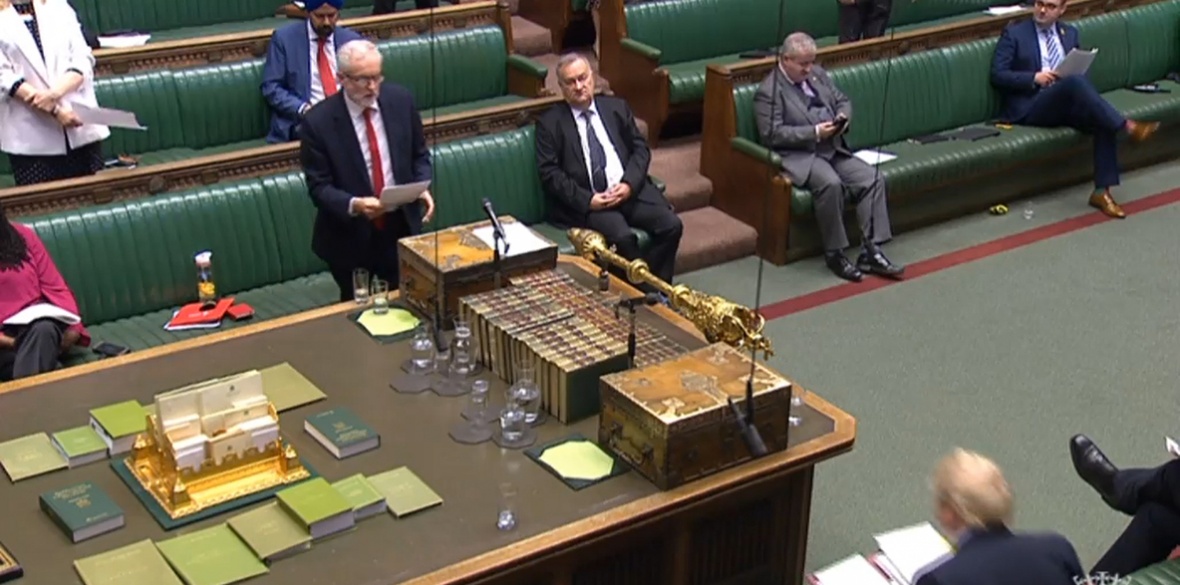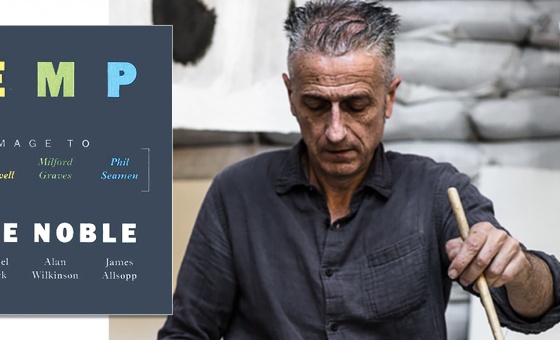JEREMY CORBYN’S opening of the opposition day debate on community, following his last Prime Minister’s Questions as head of the Labour Party, shows how much the labour movement is going to miss his leadership.
The coronavirus pandemic has exposed how hollow are the values drummed into Britain by four decades of neoliberalism.
It is a matter of weeks since Home Secretary Priti Patel was redesigning our immigration system, welcoming “skilled” and turning a cold shoulder on “unskilled” workers: a distinction which, as her Labour shadow Diane Abbott observed, she thought she could make based on how much they were paid.
As Corbyn notes, in this time of crisis, society is forced to recognise how much it relies on “the refuse workers, the supermarket shelf-stackers, the delivery drivers, the cleaners” and how little on “the billionaire hedge-fund manager.”
That we are in the midst of what has to be a collective national effort to protect people from Covid-19 is undeniable.
At the same time the crisis is highlighting deep-rooted structural problems in our economy which make the case for radical, permanent change.
Corbyn made the point powerfully with regard to homelessness: “If we can house people in a crisis, then we can keep them housed when it is over.”
In order to keep the wheels of capitalism turning, the government has been forced to abandon Thatcherite verities — although it should be noted that Chancellor Rishi Sunak’s first Budget, announced before the scale of the coronavirus crisis became clear, showed the Conservative leadership was already moving away from them.
That has involved taking a number of measures we can welcome, including the support for the wages of employees whose employers’ incomes are drying up announced by Sunak after late-night talks with businesses and trade unions and, belatedly, the commitment to deliver mass testing.
Its failings when it comes to these measures are equally obvious. Delays in provision of emergency support for wages are leaving staff at the mercy of unscrupulous bosses, as JD Wetherspoon’s Tim Martin demonstrated this week.
Millions of self-employed people have been left out of any significant support, being shunted instead into an unfit-for-purpose benefits system expressly designed to humiliate, browbeat and punish vulnerable people during the years of so-called “austerity.”
As for the testing kits, the government has dithered for weeks — with undoubtedly lethal consequences — and has still to make clear how tests are to be made available first to those who need them most.
As Labour’s Jonathan Ashworth notes, “a panicked scramble to buy tests from high street chemists and online is the last thing we need.”
But Labour needs to go further than pointing out the gaps in the government’s strategy to look to how it can ensure we emerge from this pandemic a stronger and a fairer society.
It must champion and work to strengthen the collective and community responses that have seen a quarter of a million people volunteer to help the NHS in a single day and that involve people delivering food and essentials to vulnerable neighbours across our islands.
It should not engage in a competition to look tough by advocating draconian restrictions on liberty by the state, when the vast majority of “unsocial” behaviour has been down to mixed messaging from the government or is exacerbated by the inflexibility of “just-in-time” supply systems that see supermarkets run out of stock when a sufficient number of shoppers take the sensible precaution of buying more than usual because they have been told not to leave their homes unless absolutely necessary.
Above all, it must make the case that the shift towards state intervention in and direction of the economy is insufficient without public control and accountability.
As we redirect transport, production and supply to meet common goals, we can demonstrate the necessity of economic democracy and a socialist future.








